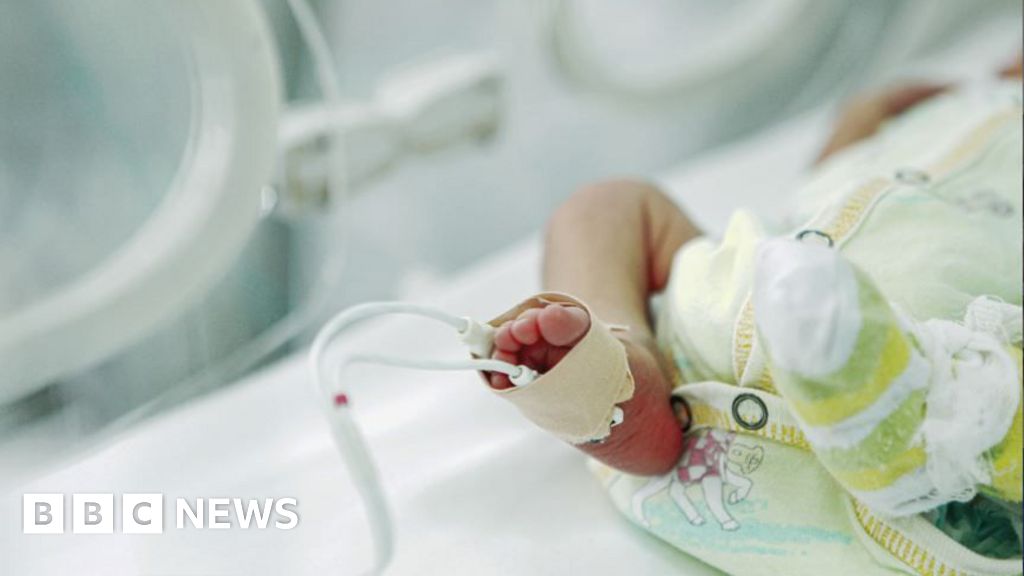 Image source, Getty Images
Image source, Getty Images
Research shows that two thirds of women between the ages of 40 and 60 experienced menopausal symptoms at work
By Ali Abbas Ahmadi
BBC News
Employers could be sued if they do not make "reasonable adjustments" for menopausal women in the workplace, according to the equalities watchdog.
The Equality and Human Rights Commission (EHRC) issued the guidance to companies to clarify their legal obligations to women.
Adjustments include letting women work from home or wear cooler clothes.
Menopause marks the end of a woman's menstrual cycles, and usually happens in her 40s or 50s.
Menopause symptoms - which include hot flushes, brain fog or difficulty sleeping - can be a disability under UK law, the watchdog said, if they have a prolonged and "substantial" impact on a woman's ability to carry out their normal daily activities.
The EHRC cited research showing that one in 10 women surveyed who worked during their menopause were forced to leave their job due to the symptoms.
Two-thirds of women between the ages of 40 and 60 experienced menopausal symptoms at work, which largely had a negative impact. Very few asked for adjustments during this time because they were concerned with the potential reaction, it added.
The guidance states that firms should consider taking measures such as letting women work from home, ventilating the workplace to lower its temperature, providing rest areas in offices or relaxing uniform policy to let them wear cooler clothes.
Failing to make these sorts of reasonable adjustments could amount to disability discrimination if a worker's menopause symptoms are severe enough to be a disability, the EHRC states.
It adds that taking disciplinary action against women for a menopause related-absence could amount to discrimination, and that language that ridicules someone's symptoms could constitute harassment.
EHRC chairwoman Baroness Kishwer Falkner said that the watchdog was "concerned both by how many women report being forced out of a role due to their menopause-related symptoms and how many don't feel safe enough to request the workplace adjustments".
She added that employers "may not fully understand their responsibility to protect their staff going through the menopause", and that the new guidance has been issued to provide advice on how they can support their staff.

 4 months ago
17
4 months ago
17








 English (US) ·
English (US) ·